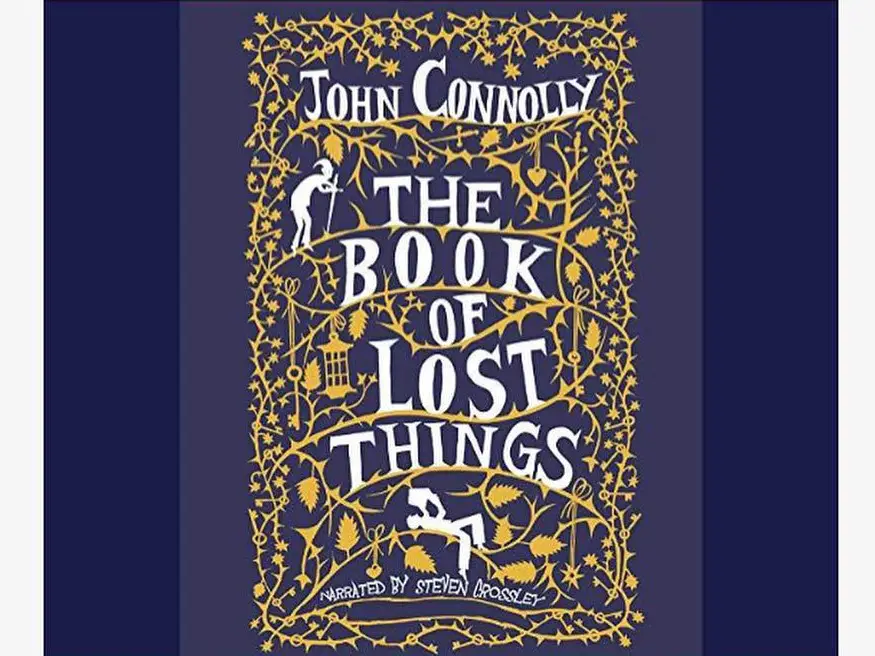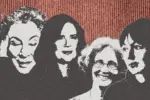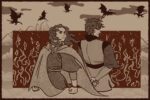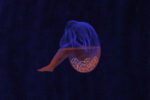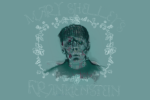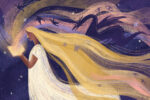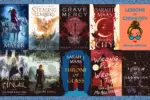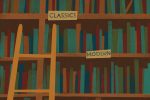John Connolly, the prolific Irish author behind the New York Times best-selling “Charlie Parker” series, published a solo novel in 2006 that has largely escaped the public eye. Entitled “The Book of Lost Things,” the book left critics with more questions than answers, as they struggled to condense their thoughts on a work so wildly unusual.
Understanding why critics struggled with “The Book of Lost Things” isn’t hard. However, society is finally looking favorably upon the very traits that made the novel so unpalatable when it was first released. More progressive — in terms of innovative content — pieces of art often need time for the rest of the world to catch up; think “The Thing” (1982).
Now, in 2019, the world might actually be ready.
“The Book of Lost Things” tells the story of a 12-year-old boy named David who lives in England during the rise of World War II. Following his mother’s untimely death, David watches with resentment as his father learns to move on with someone new. In the midst of the process, he begins to notice something odd about himself: He can hear books whispering.
David’s new abilities are accompanied by unexplainable seizures that leave him blacked out for short periods of time. He has no idea what to make of these sudden, life-altering changes… that is, until he sees the Crooked Man standing in his bedroom window, and he hears his mother calling out to him for help.
What ensues is a fantastic journey into another world through a sunken hole in his garden wall, where David sees his beloved fairy tales transformed into heinous, cruel and immoral beings that have no qualms with introducing a child to the darkness of their existence.
With some desperately needed help, David attempts to make his way to the new world’s king, who is in possession of a so-called “Book of Lost Things.” No one knows what lies inside its pages, but David believes it will be the key to getting him back home.
As long as the Crooked Man doesn’t get him first.
“The Book of Lost Things” is a work unlike most others. Much of its content is deceiving; while some might at first think the novel is for children due to its young protagonist and fairy-tale elements, “The Book of Lost Things” is undeniably adult. Even its opening line deviates from the fairy-tale trope, taking a darker turn that sets the stage for what ensues,
“Once upon a time — for that is how all stories should begin — there was a boy who lost his mother.”
Connolly’s novel also features pertinent themes such as the transition from childhood into adulthood and the loss of innocence. The former is introduced to the reader from the onset, with the dedication page bearing this cryptic line:
“For in every adult there dwells the child that was, and in every child there lies the adult that will be.”
Unlike most works with child protagonists, Connolly’s “The Book of Lost Things” holds no punches. Characters die in horrifying ways, and corruption runs rampant. In this way, David’s life progression gains a substantial quality of realism. Simply put, this is not a book that ends with a happily ever after.
Modern-day readers will recognize a wide variety of stories that “The Book of Lost Things” pulls from, such as “Snow White and the Seven Dwarves” and “Little Red Riding Hood.” Connolly gives these tales an iniquitous facelift, with the communist dwarves beset on murdering their overbearing patroness, who is very much a monster in her own right.
From the second tale, an army of half-human, half-wolf beings with sickly origins arise, determined to take the castle and the kingdom. Moreover, Sleeping Beauty’s castle is a deathtrap, and Greek mythology infects the story at every proverbial fork in the road.
The most interesting and sinister of characters is the Crooked Man, from an old English nursery rhyme. Lately, the pernicious figure has been in the public eye, with a frightening portrayal in “The Conjuring 2.” The Crooked Man of “The Book of Lost Things” still wears his staple bowler hat, but Connolly has no qualms with diverging from other known adaptations of the character.
Connolly’s Crooked Man is largely inspired by a nefarious version of Rumpelstiltskin, who, instead of being defeated by the employing of his name, can only prey on his infantile subjects when their sibling willingly gives the Crooked Man their name. In short, one sibling gets their heart eaten, and the other lives in regret as the King or Queen of the fantasy realm for decades.
The horror film industry frequently twists traditional childhood narratives, so — with a lack of quality horror fantasy films on the docket besides “It” — a film adaptation of “The Book of Lost Things” could garner considerable success. When watching horror, many fans expect what is typically loved and trusted to become scary and perverse. The very qualities of “The Book of Lost Things” that first put off critics is exactly what distinguishes a film today.
Film rights to “The Book of Lost Things” were picked up as far back as 2007 by RTE Entertainment, with the Irish director John Moore set to take on the project. Little traction has been gained since, and as of now, the movie is floating belly up in a sea of films never to see the big screen.
I found the “Book of Lost Things” to be a fun, if not occasionally heavy, read that cast a refreshing light on juvenile characters in dark settings. For as topically fantastic as the novel is, it still carries a profound sense of realism and inevitability that forces the reader to the set the book down for a moment and catch their breath. And, someday, I hope to be able to relive that experience in the theater.


